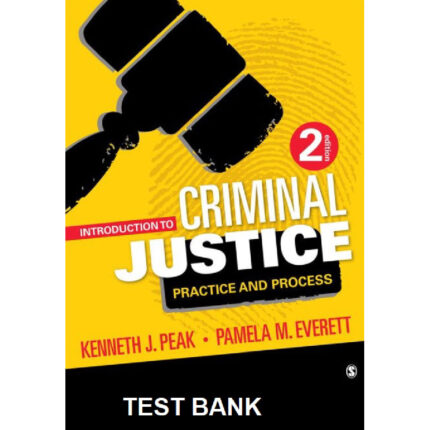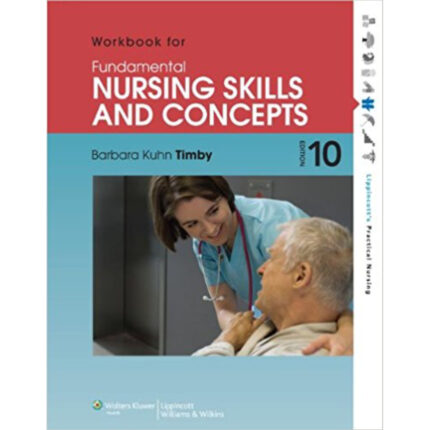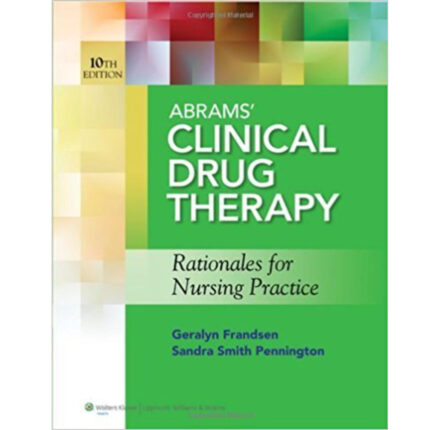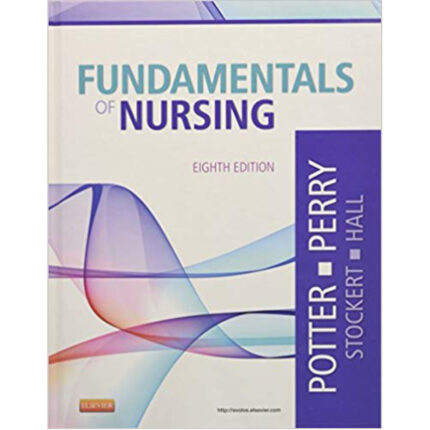Role Development In Professional Nursing Practice 3rd Edition By Masters – Test Bank
1. Match the following concept to the appropriate definition:
[c] 1. living will
[a] 2. Medical directive
[b] 3. Durable power of
a. not a formal legal document but attorney provides specific written instructions concerning the type of care and treatments that individuals would want to receive if they were to become incapacitated
b. a legal document with the most strength, it designates a person to make either general or healthcare, and medical decisions for the patient
c. a formal legal document that provides written directions concerning medical care that is to be provided in specific circumstances
2. Standards are applied in cases of informed consent. These standards include:
a. reasonable person standard
b. subjective standard
c. objective standard
d. all of the above
*e. A and B only
3. In the clinical area today, you cared for a patient who is on an organ transplant waiting list. In post-conference you and your fellow nursing students discussed the major ethical issues surrounding organ transplantation. These ethical issues include:
a. procurement
b. allocation
c. ‘playing God?’
d. A and B only
*e. all of the above
4. Current conceptions of death include:
a. traditional
b. whole-brain
c. higher brain
d. personhood
*e. all of the above
5. Types of euthanasia include:
a. active euthanasia
b. passive euthanasia
c. voluntary euthanasia
d. non voluntary euthanasia
*e. all of the above
6. In the clinical setting today you were the student nurse caring for a terminally ill patient who was in intractable pain. The staff nurse also assigned to this patient administered a high dose of pain medication to the patient who died less than 30 minutes later. The nurse explained to you that the hastening of the patient’s death was foreseen but was not the intended effect of the administration of the dose of pain medication. This is an example of:
a. terminal sedation
*b. rule of double effect
c. active euthanasia
d. passive euthanasia
e. none of the above
7. Today in the clinical setting you cared for a patient who is no longer able to make competent decisions. The daughter of the patient talked with the physician about treatment options and they chose a treatment based upon what the patient had verbalized to the daughter while she was still competent. This is an example of what type of surrogate decision maker?
a. substituted judgment
*b. pure autonomy standard
c. best interest standard
d. traditional standard
e. none of the above













Reviews
There are no reviews yet.